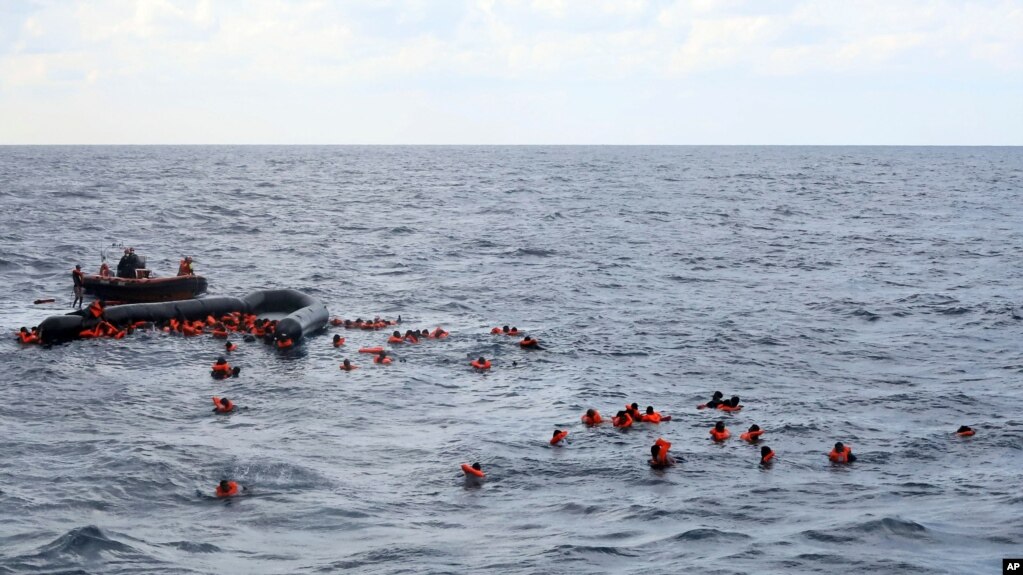
A tragic shipwreck off the coast of Libya has claimed at least 18 lives, while dozens more remain missing. The disaster once again highlights the extreme dangers faced by migrants attempting the perilous Mediterranean crossing. Rescue teams continue to search for survivors and recover bodies amid growing concerns over repeated tragedies.
Officials revealed that the vessel was overcrowded and not equipped for such a journey. Many on board had set out in search of safety, better living conditions, and economic opportunities in Europe. Witnesses reported that panic quickly took hold as the boat began to capsize, throwing several passengers into the sea. Survivors described desperate attempts to hold onto debris while chaos unfolded around them.
Rough waters and limited resources have slowed rescue operations. Authorities deployed patrols to scour the area, while humanitarian organizations joined efforts to support the survivors. Crews managed to pull dozens of people to safety, but many remain unaccounted for. Families of the missing are still waiting anxiously, demanding updates and urgent intervention.
This shipwreck underscores the risks faced by thousands of migrants each year. Despite the high likelihood of tragedy, many continue to attempt the journey due to poverty, violence, or lack of opportunities at home. Activists argue that without meaningful solutions to address these root causes, the Mediterranean will remain a graveyard for those seeking refuge.
Humanitarian groups called on the international community to expand rescue efforts and create safer migration channels. They emphasized that overcrowded boats, often operated by smugglers, increase the death toll. Smuggling networks profit from migrant desperation, and weak coastal enforcement allows unsafe vessels to depart unchecked.
Many of the victims were young people with hopes of a better life. Some fled conflict zones, while others escaped economic collapse in their home countries. Survivors said they spent days at sea without enough food or clean water before the boat overturned.
Local authorities admitted they lacked the capacity to manage such disasters alone. They appealed to international partners for more equipment and personnel. Aid organizations backed this call, warning that many similar tragedies remain undocumented because small boats often vanish without notice.
The shipwreck has reignited debate over how to manage migration more safely and humanely. Regional leaders now face pressure to balance border control with humanitarian responsibilities. Some experts have recommended stronger international cooperation to disrupt smuggling operations and prevent unsafe crossings. Others say the best solution lies in investing in migrants’ countries of origin to reduce the incentive to flee.
Communities across the region expressed solidarity with the victims and their families. Residents held vigils in several towns, while social media users shared messages of sympathy. Religious leaders urged governments to act with compassion and prioritize human lives over politics.
This tragedy off Libya’s coast has once again exposed the deadly cost of irregular migration. With 18 confirmed dead and many still missing, the incident highlights the urgent need for global cooperation. Stronger rescue efforts, safer migration pathways, and greater investment in origin countries could prevent future loss of life—and offer hope to those seeking a better future.

